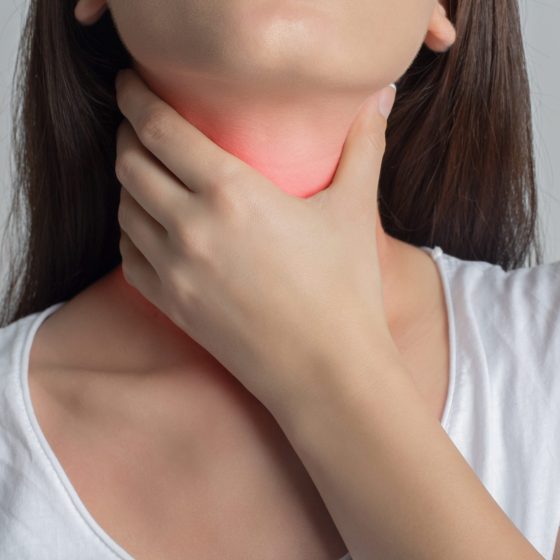Sore throats (in children)
Coughs and colds in children What is the ‘common cold’? The common cold is an infection caused by a virus. Hundreds of different viruses can cause colds and they usually affect the nose, ears and throat. They are easily spread from person to person through infected droplets from the mouth and nose. They can also be passed on through coughs and sneezes. Colds are very common. Healthy preschool children often catch at least 6 colds per year. Sometimes, after recovering from a virus kids get sick with a new and different virus, so it can seem as though they are ‘always

